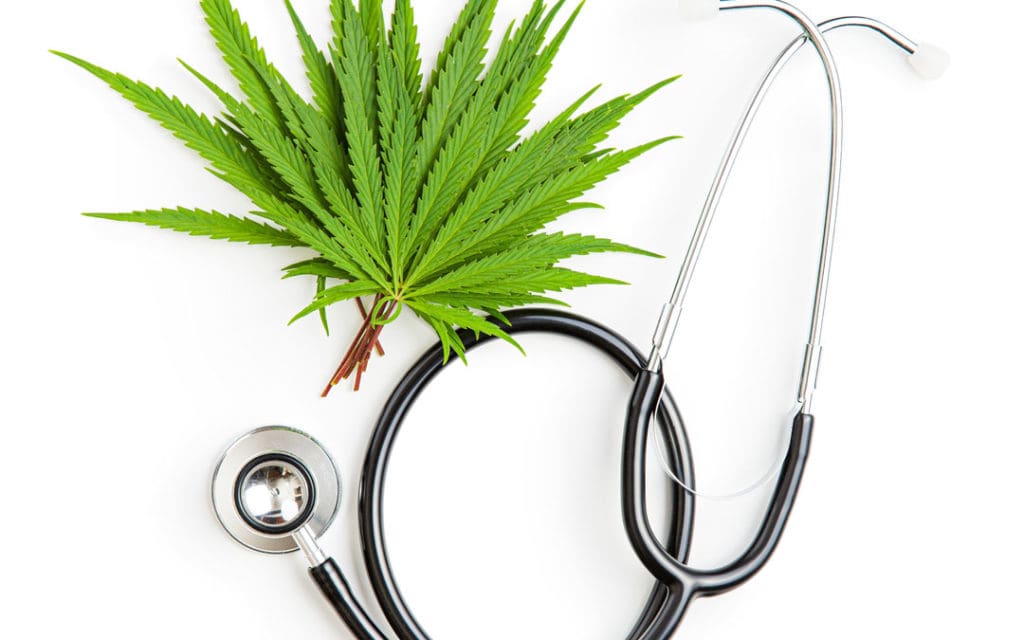Featured Products
-
RELIEF SUPPOSITORIES WITH CBD
$50.00Original price was: $50.00.$43.00Current price is: $43.00.
CBD PRODUCTS

$50.00 Original price was: $50.00.$43.00Current price is: $43.00.

Be Pain Free Global is a trusted natural medicine provider making a difference in people’s lives worldwide.
Our reviews and testimonies speak for themselves. We focus on providing the best medicine and customer care for our clients
Learn more about our support process, how you can contact us at BPFG, and how we are here to help you.
We have a 10-business day replacement policy, and we take all inquires very seriously. We are committed to quality products for you.
The Ultimate Cannabis And Health Education Platform Presented By Be Pain Free Global.
At BPFG, we work hard on collecting relevant videos for cannabis consumer education.
Just cannabis? No. We are all about consciousness, vision, proper nutrition, and holistic health.
We have compiled great resources to help understand the benefits of cannabis for your health.
Check out what’s smoking on our strains and terpenes list. Featuring best strains curated by our editor.
Indica's are known for their calming and sedating properties, usually leading to munchies, and sleep.
Sativa's are known for their ability to produce energetic feelings and creating a positive uplifting euphoria.
Hybrids are a very popular with cannabis consumers due to the initial uplift followed by relaxation.
Every case is different and requires individualized care. We have some great tips for doctor reccomendations.
Join our collective with a valid California medical recommendation to gain access today
Get the details on how our affiliate program works and how you can benefit by referring others
Become a Be Pain Free Affiliate and earn lifetime commissions for your referrals


Menopause is the natural biological process when menstrual periods end, and is diagnosed when it has been 12 months since the last cycle. Estrogen levels decrease. There are many changes in the body that might occur affecting bone and heart health, body shape and composition, and physical function.
During menopause, decreased estrogen levels cause increased nerve densities in the vagina, which then leads to increased pain and decreased secretions. Women experience a wide variety of symptoms post-menopausally, including hot flashes, chills, night sweats, sleep problems, mood changes, weight gain and slowed metabolism, vaginal dryness, thinning hair and dry skin, loss of breast tissue and often anxiety, irritability, moodiness, and reduced sex drive. Phytocannabinoids counterbalance this and increase sexual sensitivity, and help to alleviate joint and muscle discomfort, irritability, sleep disturbance, depression, anxiety, hot flashes, and loss of sexual sensation.
Many endocannabinoids have been found to be effective in fighting cancer, but much more research needs to be done. In the US, cannabis remains a Schedule 1 substance, defined as having no currently accepted medical use and a high potential for abuse. This is despite the fact that in 1985 the FDA approved the medication Marinol for treatment of nausea and lack of appetite in patients with HIV and advanced cancer. Marinol is synthetic THC! How does this make any sense? On top of this, there are thousands of years of evidence from empirical experience, patients’ own experiences in successfully using cannabis to treat side effects and symptoms when traditional pharmaceutical agents have failed. There is no lethal dose of cannabis, and no physiologic addiction is found. Cannabis has offered a more natural treatment choice, and often brings better efficacy in the control of a wide variety of diseases. Currently medical use of cannabis is legal in 36 states, 4 out of 5 permanently inhabited territories and the District of Columbia. It is recreationally legal in 18 states plus DC, and is decriminalized in 31 states. Yet cannabis remains a Schedule 1 substance, significantly limiting the amount of research which is done on discovering its therapeutic potential. In the meantime, given the excellent safety profile of cannabis and proven wellness effects, I believe that topical delivery of cannabis could only be beneficial in cases of vulvar, vaginal, cervical, and uterine cancers, and personally would choose to ingest RSOs and tinctures after a cancer diagnosis for their anti malignant/ anti inflammatory, pain killing and other effects.
Be Pain Free Global Is A Recognized Leader In The Medical Cannabis Space. If you would like to learn more about Be Pain Free Global, how to get your medical recommendation, or how to join our collective, you can reach out to us via the chat button on our website, or call us at 1-888-420-3848.